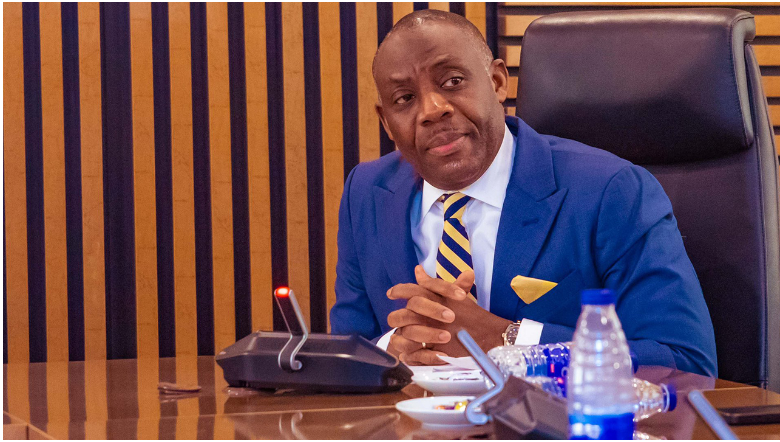FG drops mother tongue policy
The Federal Government has announced that English will now be the primary language of instruction in all Nigerian schools, officially scrapping the national policy that mandated teaching in indigenous languages.
Minister of Education, Dr. Tunji Alausa, made the announcement on Wednesday, November 12, during the Language in Education International Conference 2025, organised by the British Council in Abuja.
The two-day conference, themed “Language, Education and Inclusion: Empowering Every Learner,” brought together educators, policymakers, researchers, and development partners from across Africa, South Asia, and the United Kingdom to explore language-based approaches to inclusive education.
Dr. Alausa stated that the policy shift is intended to enhance learning outcomes and ensure uniformity across Nigeria’s education system. While acknowledging the cultural value of indigenous languages, he emphasized that English will remain the primary medium of instruction from pre-primary to tertiary levels.
“English language should be used to teach our students at all levels as a means of instruction. Over the years, mother tongues have been used to teach and this has largely been responsible for the failures recorded in exams. The national policy on language has been cancelled. English now stands as the medium of instruction across all levels of education,” he said.
According to the minister, data from national examinations such as WAEC, NECO, and JAMB revealed that the excessive use of indigenous languages in some regions had contributed to poor comprehension and declining performance among students. He emphasized that policy decisions must be guided by evidence rather than emotional or cultural sentiment.
Dr. Alausa added that English provides a unifying communication platform in Nigeria’s multilingual context and opens doors to global knowledge, technology, and opportunities.
In the same event, Julian Parry, Director of English Programmes for Sub-Saharan Africa at the British Council, reaffirmed the organisation’s commitment to promoting inclusive and equitable education through language-responsive teaching.
“Language can act as a bridge to inclusion, identity, and opportunity for every learner,” Parry said, noting that collaboration and evidence-sharing were key to improving educational outcomes globally.
Also speaking, Chikodi Onyemerela, Director of Programmes at the British Council Nigeria, highlighted the organisation’s ongoing work in inclusive education.
“Since 2015, through our Pan-Ethnic Classrooms Programme, we have developed inclusive pedagogy initiatives that enable teachers to embed inclusive practices in the classroom,” he said.
The policy shift marks a major transformation in Nigeria’s education system, with the government emphasizing global competitiveness and uniformity in instruction while pledging continued support for indigenous language preservation outside the formal classroom setting.



